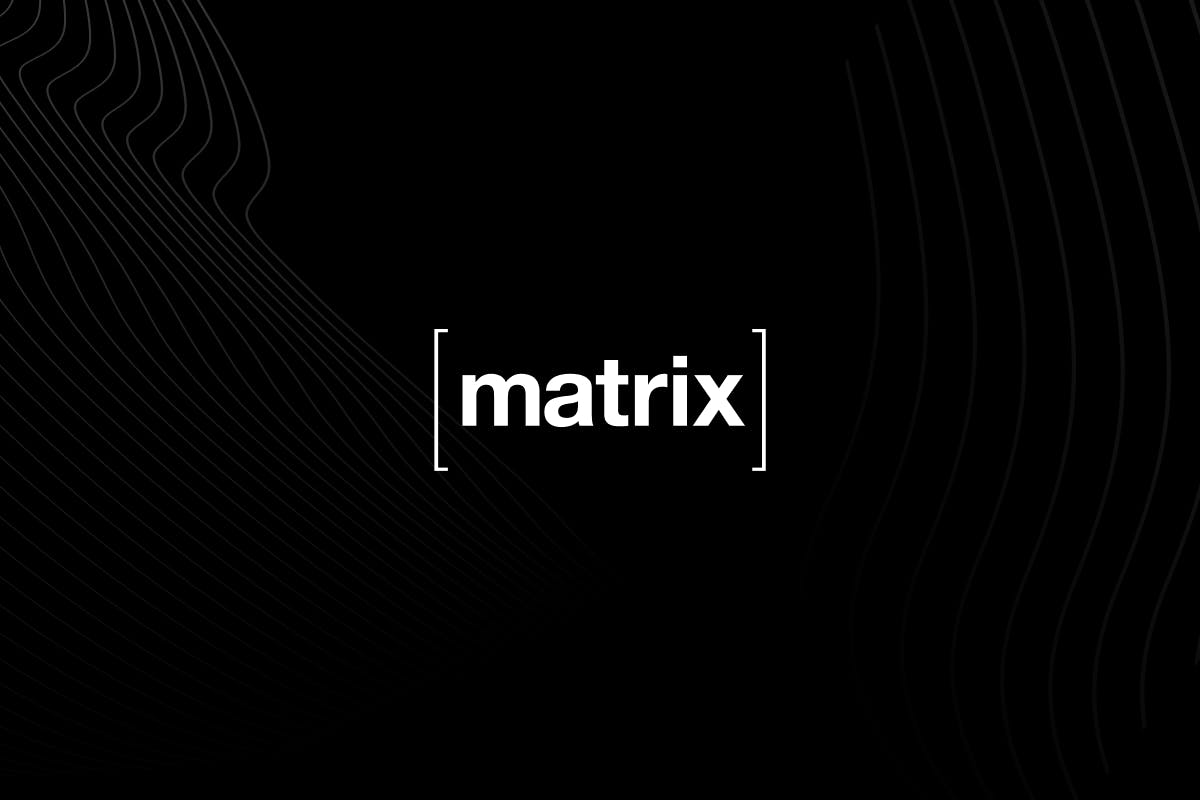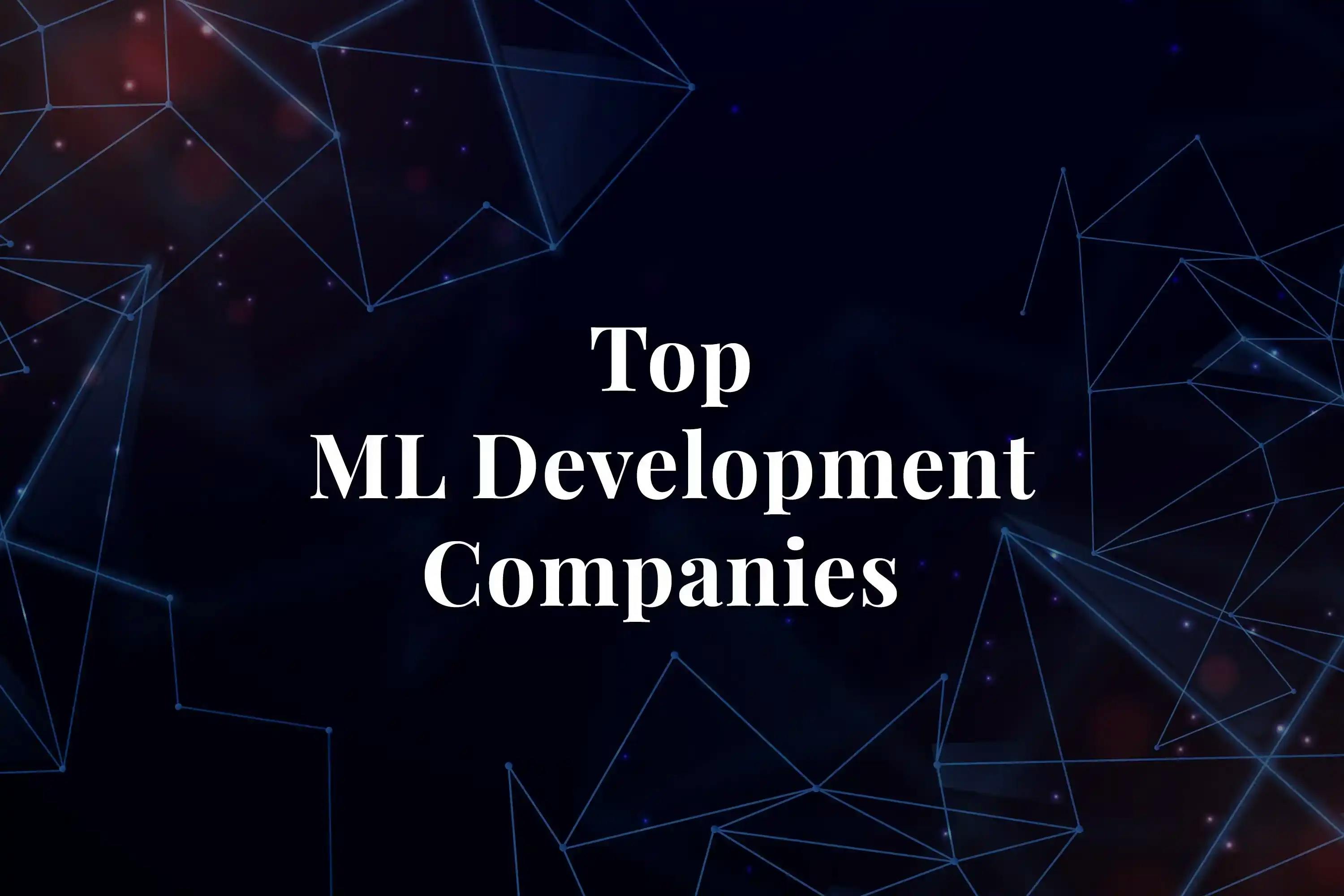


In the modern world, where technology keeps growing rapidly, the use of machine learning (ML) is spreading to many different fields. The human resource (HR) industry is one area where ML can be very helpful. ML can make HR processes simpler and faster, help with making important decisions, and improve the experiences of employees. Here are some exciting applications of machine learning in HR in the year 2025.
Nowadays, businesses receive a massive influx of job applications, making it incredibly challenging for human resources professionals to effectively review and assess each candidate's qualifications manually. Fortunately, Machine Learning (ML) offers a powerful solution to streamline and optimize the recruitment process.
ML in HR can analyze vast amounts of candidate data, including resumes, cover letters, and other relevant information, with exceptional speed and accuracy. These intelligent systems can identify the most suitable applicants based on predefined criteria, such as skills, experience, and job requirements, ensuring that only the most qualified individuals are considered for the next stage of the hiring process. The integration of ML into recruitment not only saves valuable time and resources but also minimizes the risk of unconscious biases that can inadvertently influence human decision-making.
Companies often struggle with high employee turnover rates, which can drain resources and disrupt operations. Fortunately, machine learning (ML) techniques offer a solution by analyzing various factors to predict which employees may leave the organization. This data-driven approach empowers human resources (HR) professionals to develop effective strategies for retaining valuable talent and maintaining a stable workforce.
ML in human resource algorithms can process a wealth of data, including employee performance metrics, engagement survey responses, demographic information, and more. These algorithms can accurately forecast which individuals are most at risk of attrition. Armed with these insights, HR teams can take proactive steps to address potential issues before they escalate and lead to an employee's departure. Once high-risk employees have been identified, HR can also implement targeted retention strategies tailored to their specific needs and concerns.

Regular training programs are often designed to suit a wide range of learners, but this approach may not cater to the unique needs and preferences of each employee effectively. However, with the help of Machine Learning (ML) technology, companies can now personalize their learning and development initiatives to ensure that each employee receives tailored training content and delivery methods. ML in HR algorithms can identify the specific areas where employees require additional support or training.
Many companies today focus on promoting diversity and inclusion in their workplaces. Machine learning (ML) algorithms can assist human resources (HR) departments in recognizing and correcting biases and inequalities during recruitment, performance assessment, and promotion procedures.
ML applications in HR processes can detect potential biases and help companies develop fair and equitable practices for all stages of the employee lifecycle, from recruitment to retention.
For example, ML algorithms can analyze resumes and job applications to identify patterns of discrimination based on factors like gender, race, or age. The algorithms can also examine performance review data to expose potential biases in how employees are evaluated and promoted.
Utilize machine learning techniques to transform your human resources operations.
Companies need to carefully plan their workforce to achieve their goals. Machine Learning (ML) in HR can help by analyzing data about past employees, current workers, and job market trends. With ML, Human Resources (HR) teams can predict what kind of workers they will need in the future. This allows them to make smart decisions about hiring new people, planning for leaders to retire, and training employees to learn new skills. The right people can be in the right jobs at the right time when companies use MLin human resources processes for workforce planning.
Proper workforce planning is essential for businesses to succeed. It helps ensure that companies have the right number of employees with the necessary skills and experience to meet their objectives. ML algorithms can study information about past hiring practices, the current workforce, and industry trends to forecast future staffing requirements.
Listening to employee feedback is essential for companies to understand how their workers feel and address any concerns or issues. Companies can use machine learning techniques, like natural language processing (NLP) and sentiment analysis, to automatically review feedback from surveys, performance reviews, and social media posts. These techniques can identify if the feedback is positive, negative, or neutral.
NLP and sentiment analysis give human resources (HR) professionals valuable information to improve employee satisfaction and create a positive work environment. HR can use the insights from employee feedback to fix problems, address concerns, and make changes that keep employees happy and motivated. For example, if many employees express frustration with long work hours, HR might adjust schedules or add more staff to reduce overtime.
Are you eager to modify your HR strategy with a customized machine learning tool?
Looking to the future, if you want your business to be successful in 2025 and the years that follow, you need to start using machine learning (ML) in your human resources (HR) processes. Machine learning is a powerful technology that can greatly benefit HR professionals by automating many of their tasks and helping them make informed decisions based on data analysis. Using ML in HR processes can have many benefits. However, HR professionals must understand the limitations and potential biases of ML systems. It is important to exercise appropriate oversight and human judgment when making decisions that impact people's careers and lives.
Businesses that want to incorporate machine learning (ML) technologies for their human resources operations should collaborate with a reputable software development firm specializing in this field. Codiste stands as an excellent choice, renowned as a leading software company adept at crafting ML applications tailored for diverse industries, including human resources.
Companies gain access to advanced ML techniques that can transform various aspects of human resource management by collaborating with Codiste, a reliable AI/ML solution provider. Codiste's ML solutions offer a comprehensive suite of tools to drive operational efficiency, from optimizing talent acquisition and employee retention strategies to enhancing workforce performance evaluation methodologies.




Every great partnership begins with a conversation. Whether you’re exploring possibilities or ready to scale, our team of specialists will help you navigate the journey.